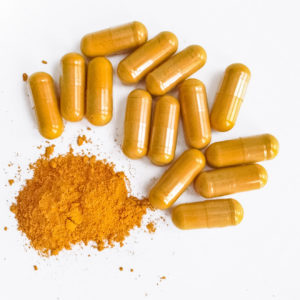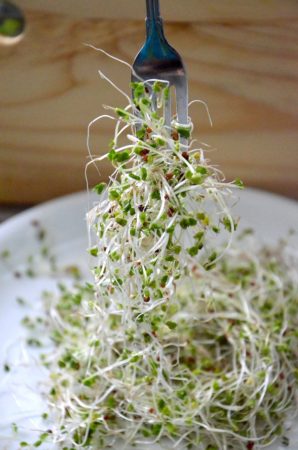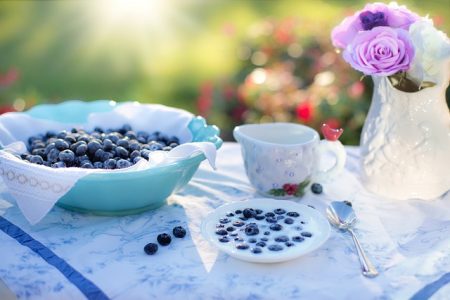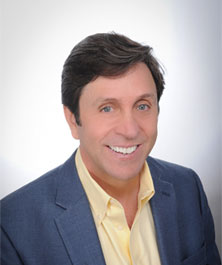 Anti-Cancer Nutrition
Anti-Cancer Nutrition
Dr. Jeanne Wallace, Ph.D., C.N.C. is widely regarded as a prominent international expert in nutritional oncology. She is the founder and director of Nutritional Solutions, which provides cancer patients across the U.S. and abroad evidence-based dietary, nutritional and botanical support and cancer consulting services, to complement conventional care.
“Cancer cells do not exist in isolation; they are influenced by the environment within the body.”
– Dr. Jeanne Wallace, Ph.D, C.N.C.
Dr. Wallace is deeply involved in cutting-edge translational research, providing innovative cancer nutrition guidance to people with cancer, their families, oncologists, naturopaths and others. She, and her colleague, Michelle Gerencser, M.S., have served thousands of clients around the world, consulting by phone and Skype.
The deeply-focused efforts of Dr. Wallace and Michelle Gerencser are grounded in the evolving understanding of the interrelationship between nutritional and metabolic factors, and the hallmark characteristics of cancer cells.
Harness the Oncometabolic Advantage
Dr. Wallace states, “Cancer cells do not exist in isolation; they are influenced by the environment within the body. Our goal is to teach our clients dietary and lifestyle strategies to modulate this environment, so that it is a less favorable host for tumor growth and progression. This approach is particularly well suited as a complement to conventional medical treatments for cancer, and allows our clients to optimize their care by integrating the best of both worlds.”
I am pleased to share a five-minute video that explains Dr. Wallace’s approach to finding the best anti-cancer diet and nutrition plan for you. Take the time to review this very informative presentation.
Read my in-depth interview with Jeanne Wallace in my book, Hope Never Dies.
 Curcumin is a component of the spice turmeric, which can be found in many people’s spice cabinets. Commonly consumed in many Asian countries as a culinary ingredient, it gives curry and mustard their yellow color. Turmeric has also been used for medicinal purposes for centuries.
Curcumin is a component of the spice turmeric, which can be found in many people’s spice cabinets. Commonly consumed in many Asian countries as a culinary ingredient, it gives curry and mustard their yellow color. Turmeric has also been used for medicinal purposes for centuries. When mom said, “Eat your broccoli” you should’ve listened. The good news is, it’s never too late to start. Why should you? Because there’s an
When mom said, “Eat your broccoli” you should’ve listened. The good news is, it’s never too late to start. Why should you? Because there’s an 

